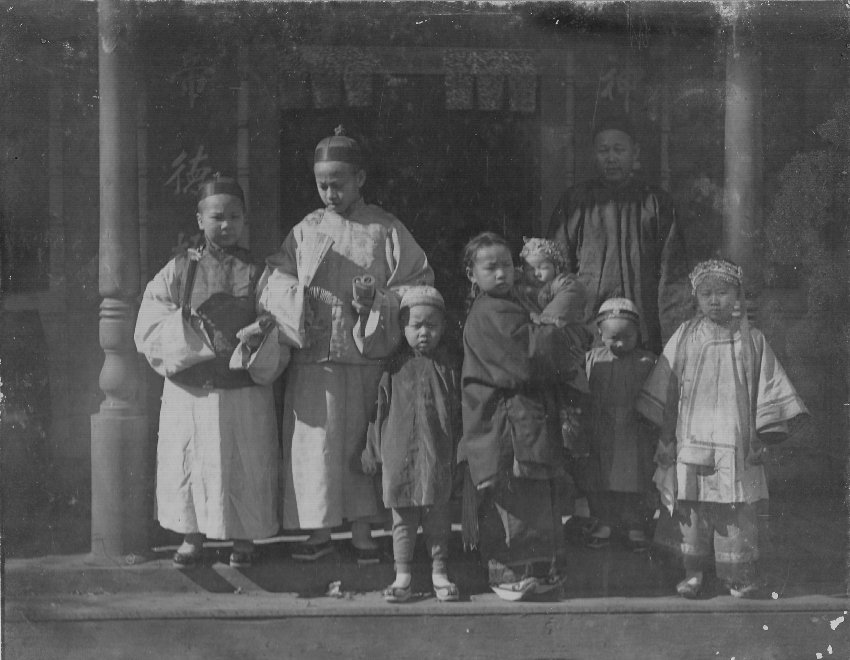When John McCormick randomly learned that Chinese immigrants helped significantly in building California’s early wineries, the fifth-generation Napa Valley native was deeply surprised and disturbed.
“It was just mind-blowing,” McCormick said. “These stories need to be told.”
After two years of research and writing, he published a book this month trying to sunshine the erased history, titled Chinese in Napa Valley: The Forgotten Community That Built Wine Country. This project is also the thesis for his master’s degree in history at Harvard University.
According to McCormick, from the late 1800s to the early 1900s, Chinese immigrant laborers were the region’s “backbone,” powering Wine Country’s infrastructure and early economic development, including general construction, farming, quicksilver mining, leather tanning and the like.
Perhaps more importantly, they helped build the vineyards by plowing the soil, planting grapevines and even excavating the wine caves.
The book noted that the Chinese community flourished in the valley, with Chinese American-owned businesses, Chinese festival celebrations and at least three vibrant Chinatowns.
Then came anti-Chinese racism, culminating in the 1882 Chinese Exclusion Act.
“For telling this story and to understand how important it is, we also see the rise in anti-Asian hate during the pandemic,” McCormick said.
The immigrant laborers soon sparked anti-Chinese sentiment, not only from the local residents, but a broader federal-level discrimination against Chinese immigrants. Napa’s Chinese community was pushed away, local Chinatowns were razed and the legacy was buried.
On the dedication page of the book, McCormick also wrote that “You worked so hard, and we should have treated you much better.”
Sheli Smith, the executive director of the Napa County Historical Society, praised the book for helping to build a more holistic, nuanced history of Napa, especially for those often-forgotten stories.
McCormick’s work “enriches the tapestry of Napa Valley history,” Smith said, “and forever changes the heritage we celebrate.”
The historical society hosted a book talk featuring McCormick and Jack Jue Jr. a descendant of Napa Valley Chinese laborers on Thursday night. Napa city Mayor Scott Sedgley also presented certificates honoring Paul Gee, the first Chinese American vintner in Napa, and Jack Ding, a Chinese immigrant who’s now serving at Sonoma City Council.
McCormick hoped the book would raise awareness of Chinese laborers’ contribution and that the local schools will integrate this history into their curriculum.
Some of the history recovered by the book also hinted at a slice of the once-vivid Chinese lifestyle in Napa. In the chapter of “Chinese Holidays and Festivals,” McCormick wrote that there was the “Feast of Hungry Ghosts” tradition in local Chinatowns, a summer festival with firecrackers and lion dancing.
“It is a holiday to feed the lost souls that have no family to placate them,” he wrote.
